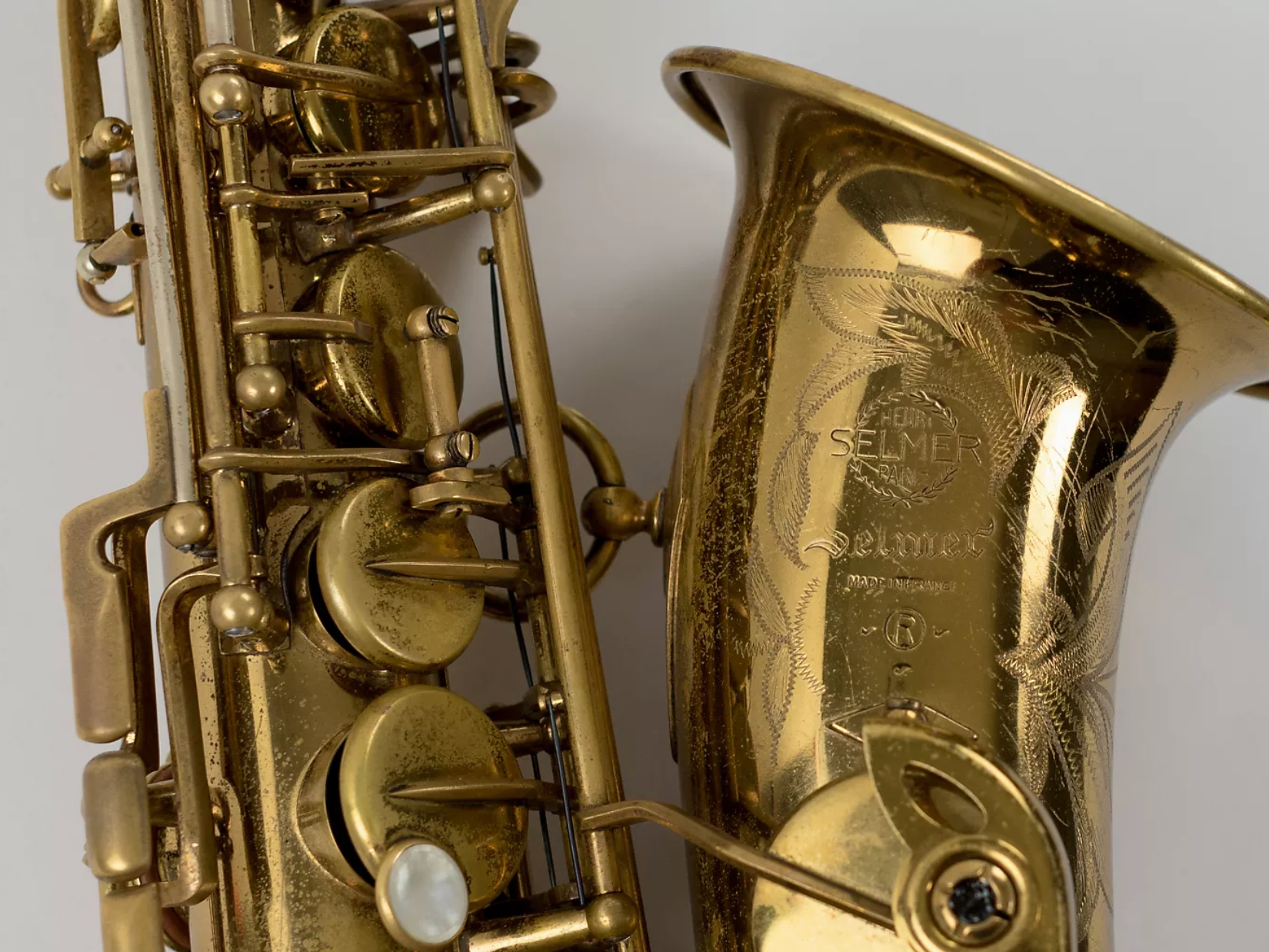This essay is based on the writings of “The Prince” by Niccolò Machiavelli, “The Secular as Sacred” by Herbert Fingarette and “The Analects of Confucius”.
I had initially written this paper for my college submission. There was a lot of effort to put this paper together and I think many can benefit from my version of this essay.
In this paper I have discussed how Machiavelli evaluated Confucius’s emphases on ritual as a key ethical element in social life?
Confucius was a great and an original teacher (Ch 2 of Herbert Fingarette’s “Confucius — The secular as sacred)”, he was born in 551 BC in the Chinese province Lu. On the other hand centuries Niccolò Machiavelli was born in 1469 in Florence, Italy in a middle class lawyer and country family. Here, I have attempted to highlight how Machiavelli would evaluate Confucius’s emphases on ritual as a key ethical element in social life by illustrating the examples of the Prince and draw comparisons to it in society from Machiavelli’s point of evaluation.
Though both, Confucius and Machiavelli were born in war times their philosophies for governance, ethics and how one who is in the ruler’s chair should be conducting himself are poles apart. Their description of ideal virtues are hugely contracting for leaders.
At the onset, I believe Machiavelli would totally disagree with Confucius on the emphases of ritual as a key ethical element in social life (The Prince Ch. XV, pg.56 and XVII, pg 61). Machiavelli saw men of ruling bloodlines in a very different light and that brings a thin line between governance and ethics that lead to governance by one on the throne is either blamed or praised (Ch XV pg 56, para 2 and pg. 57). On the contrary as per Herbett Fingarette, Confucius would rather that men in general, be it a prince or teacher be spiritually noble and draw others into that divine direction in life (Pg. 27 A Way without crossroads). Machiavelli would not let punishment as written in “The Analects” (4:13) be just mere sanctions and rewards and recommends harsh suggestions even leading to death for the utmost wrong doer in governance leadership. According to Machiavelli (The Prince, ch XV) a prince’s first job is to safeguard his rule for which even “bad” characteristics are termed as a necessity in society. In today’s times Machiavelli’s philosophy would glorify political tyrants such as dictators from terrorist nations.
Ritual will not give intellect and one must have independent intellect in order to succeed. One cannot simply rely on the wisdom of his advisers but be able to take his own decisions once the learning is achieved by asking prudently. (The Prince Ch XXIII, pg 87, 88)
Machiavelli would point that the beauty of the ornamentation, jewels, and the contents of the vessel in a ritual is compared to the outward image of man in society as per his doctrine. In this case the sacredness of the vessel (compare that to the man in society) is what the society sees and not what is inside the man (Pg 75 , Confucius — The secular sacred).
Going back a few pages in (The Analects 2:3) Confucius elaborates on the practice of governance by moral force or virtue (te), and to keep order by rituals (li) resulting in shame and correctness (The secular as sacred, Pg 28). According to Confucius goodness would be another consistent need and that would result in adversity and prosperity (Book IV, 2,3,4 pg 102). To Machiavelli virtue is more embedded in the image, rather than a humble personal characteristics of virtuousness and the image is always an external façade.
Machiavelli would abolish the Confucius philosophy that, the peace and governance of the society was favorable to a divine ruler who followed rituals in religious doctrines and put fear of the unseen but would rather use cruelty as that described in the illustrations of cruelty by rulers and leaders (The Prince, Ch XVII, pg 60,61,62). Also contrary to Confucius, religion and ritual was not important for moral code in society as per Machiavelli. Unlike Confucius( Book III, 20, pg 120) Machiavelli would elaborate that one should not concern himself with living virtuously in society, but rather act/fake it in society to achieve the most practical benefits from what is shown by his outward image, preferably that of fear society (The Prince Ch XV).
According to Machiavelli in a ritual it would be the fear of an unknown, my submission here is to consider the ritualistic fears in people but that in a real eyeball seeing society it is better to be both loved and feared, but this would be difficult. Contrary to Confucius’s attribute of nobleness, Machiavelli would rather that one is feared more than loved.
As he quotes that men, by nature, are “ungrateful, fickle, dissembling, anxious to flee danger, and covetous of gain.”
In assumed dangers, people will take risks, but if the danger is real, they turn against their own, you can see it everywhere in today’s times. People break a bond of love in disobedience, but the fear of punishment is always effective, regardless of the situation, because at the end of it there is a fear of loosing something (The Prince, ch XVII, pg 61,62).
Unlike Confucius’s teaching about gentleness (Book III, pg 95) Machiavelli writes that the successful leader (the Prince) must be crafty, cunning, and able to trick others in society, though it is good for him to honor his word and be praised by society, this is contrary to the soulful divine ways of ethics by Confucius to conduct oneself to be in the hearts of people with nobleness based on rituals to keep unity in governance, he compares this to the skills of two animals i.e. the fox and the lion (The Prince, Ch XVIII).
He elaborates that the prince must learn to act like both the fox and the lion:, like the fox, he must learn how to frighten wolves and, like the lion, recognize the traps. With people, a prince should break his promises when they put him at a disadvantage and when the reasons for which he made the promises no longer exist.
In any case, promises are never something on which a prince can rely, since men are by nature wretched and deceitful. A prince, he says, should be a master of deception (The Prince pg. 64,65, 66).
In society, it is a prerequisite to lead with characteristics that encompass the “harder” virtues, such as courage and decisiveness, in contrast with “softer” virtues like compassion and generosity as Confucius would say are more important (The prince ch XIX). By that, even though cruelty is not a virtue, the ability to act in such a manner in society from time to time as needed can be considered noble, and, therefore, virtuous. Machiavelli would evaluate in his stance that in society virtue, as an abstract concept, does not concern itself with practical consequences, it does not serve as an effective guide for social life, e.g. ‘giving’ is a deemed as virtue because society praises it as written about the ceremonial acts of men. (The prince, Ch XV and Confucius — The secular as sacred pg 78).
In conclusion, Confucius placed emphasis on continuity in learning even from the most inferiors in knowledge (Book V, pg 110), on the other hand Machiavelli is very general about human nature in society (The Prince ch XVIII). Machiavelli gives an insight view of society that people are naturally deceitful, untrustworthy, break promises and are easily impressed by appearances and superficial results. They are selfish but somewhat naïve. They praise the virtuous in society, though many don’t have any idea what it means (The Prince Ch XIX, pg 67–76), because they do so by what they see. Today, society is seeing outcomes from and of people from the virtual and external perspectives rather than seeing the transformational empathetic changes inside a society or persons that make up the society. It takes a long time to realize where the leap of decisions made in such manner takes society to. What do you think?





